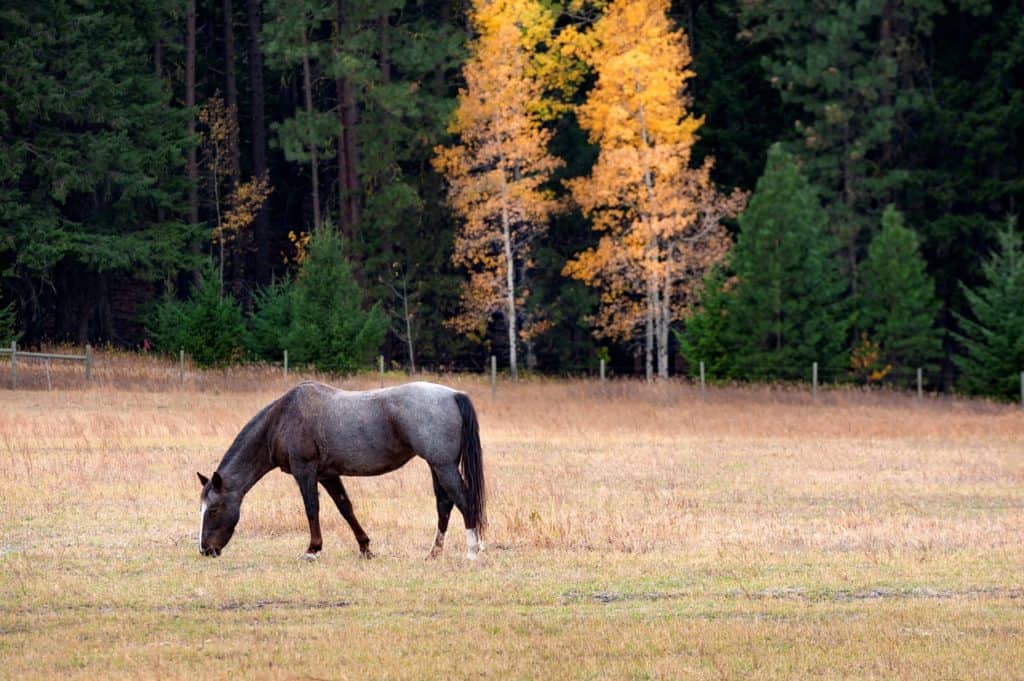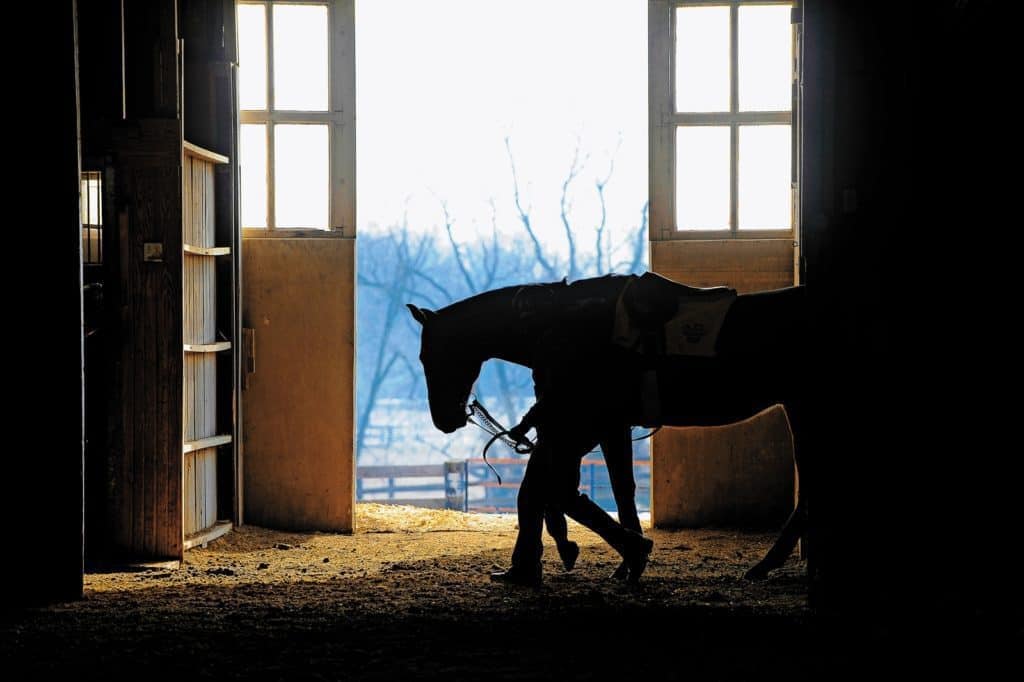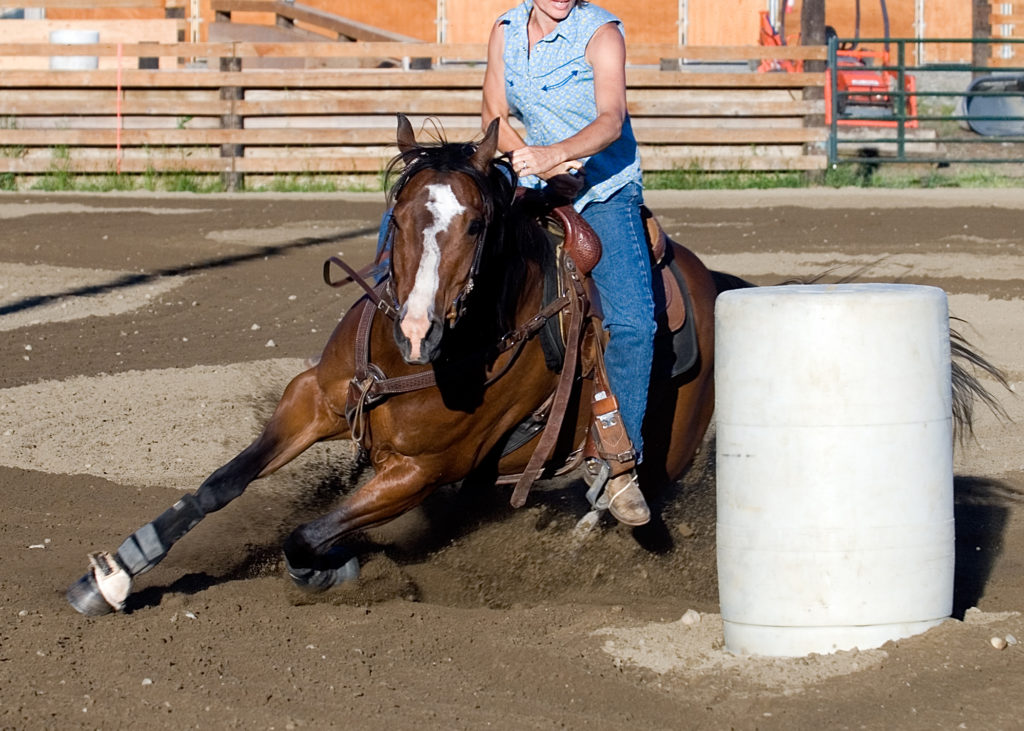
Fall Colic Prevention for Horses
Nutritionist Dr. Clair Thunes shares advice on how to reduce your horse’s risk of colicking this fall.

Nutritionist Dr. Clair Thunes shares advice on how to reduce your horse’s risk of colicking this fall.

Researchers studied the effects of transitioning horses from pasture life to a training program on their risk of developing ulcers.

A once-heavy senior horse is struggling to hold condition after dental work. Our nutritionist weighs in.

While ultrasound doesn’t always provide a definitive diagnosis, it can be a useful tool for gathering critical information.

Evaluating what your horse is eating, and making gradual changes, can promote a healthier gastrointestinal microbiome.

Discover how each region of your horse’s digestive system works in this visual guide.

Born to forage all day, horses constantly secrete stomach acid. Acid-buffers can help meal-fed horses, but will they create future problems? Find out from our equine nutrition expert.

Equine digestion is full of twists and turns, and a lot can go wrong during the process. Learn how colic, diarrhea, ulcers, and other ailments can affect your horse’s GI tract and what steps to take to optimize his digestive health.

How often should you feed your horses each day? Our nutrition expert weighs in with advice.

Sand accumulation in a horse’s gastric system is cause for concern; this method can help you detect it.

This inflammation of the lungs most commonly affects foals, but that doesn’t mean your mature horse isn’t at risk.

Researchers tested a vaccine model that could help them develop effective protection against equine hepacivirus.

Horses with gastric ulcers might appear thin and not perform as well as they used to. But many others never show any outward signs.

How do you build a nutritional program that supports your high-intensity equine athlete? Three experts share their advice.

Discover why supportive care and dietary management are paramount for positive outcomes in acute colitis cases.

Learn how fluid therapy enhances horses’ recovery from life-threatening diseases by correcting dehydration and shock.
Stay on top of the most recent Horse Health news with
"*" indicates required fields